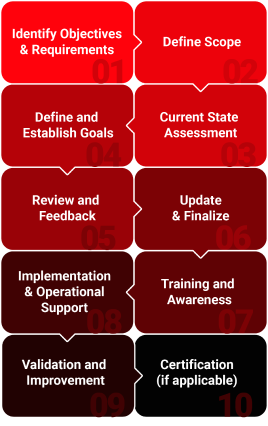Oman PDPL Components
The Personal Data Protection Law (PDPL) of Oman is a comprehensive law that regulates the processing of personal data in the country. While the exact components may vary slightly, here are some of the key elements typically found in data protection laws like the PDPL
The PDPL establishes principles that organizations must follow when processing personal data, including: Lawfulness, fairness, and transparency, Purpose limitation, Data minimization, Accuracy, Storage limitation, Integrity and confidentiality, Accountability.
The PDPL grants individuals various rights in relation to their personal data, including: Right of access, Right to rectification, Right to erasure, Right to restrict processing, Right to data portability, Right to object, Right to be informed and Right not to be subjected to automated decision-making.
The PDPL defines the roles of data controllers and data processors. Data controllers are responsible for ensuring compliance with the PDPL, while data processors process personal data on behalf of data controllers.
The PDPL requires organizations to notify the relevant authorities and affected individuals of any data breach that is likely to result in a high risk to the rights and freedoms of individuals.
The PDPL regulates the transfer of personal data to countries outside Oman. Organizations must ensure that adequate safeguards are in place to protect personal data when it is transferred to such countries.
The PDPL establishes the Oman Data Protection Authority (ODPA) as the regulatory authority responsible for enforcing the law. The ODPA has the power to investigate complaints, conduct audits, and impose penalties on organizations that violate the PDPL.










